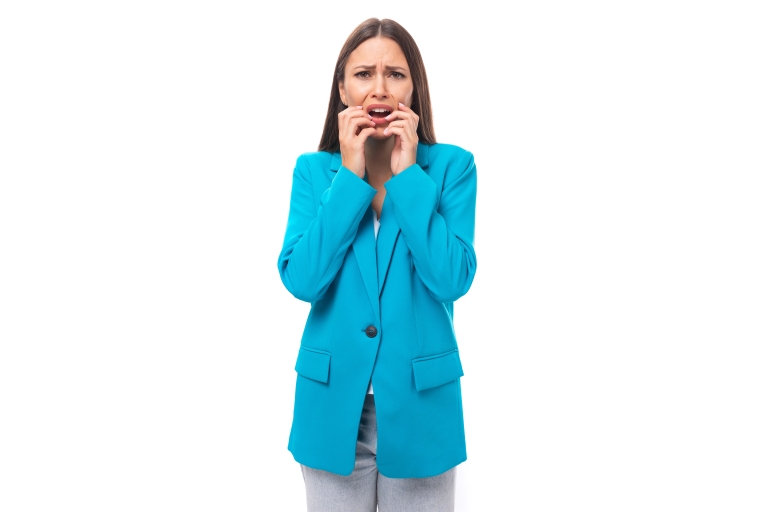How does full moon affect people with depression and anxiety?
Aug-2024Hypochondria
Hypochondria

Hypochondria may usually be a part of anxiety disorder.
It has several names, such as health anxiety, or illness anxiety. I have noticed that many bereaved parents experience this type of anxiety, especially those who had ill children and spent a lot of time in the hospital.
Besides that, anxiety on its own brings numerous physical symptoms which can trigger panic attacks and make you think that you have some illness. Irritable bowel syndrome is one of the examples.
Hypochondria can happen in episodes. For example, you can experience it together with some new, physical symptoms, that can come from anxiety or depression.
Other people claim that they are constantly worried about their health, which means that hypochondria never leaves.
You can either start to believe that even minor symptoms are part of a serious illness, or you can just worry about getting seriously ill, even without physical symptoms that confuse you or are new to you.
Who is most prone to develop hypochondria? Psychologists claim that those are usually people who had an illness as a child or had a sibling who had a serious illness in their childhood years. Hypochondria can, as mentioned, be a part of other mental health problems, usually related to anxiety issues or to obsessive compulsive disorder.
If you know someone who is a hypochondriac, there are some sentences you should avoid telling them. For example, never try to say that it is all in their head and that you are sure they are completely fine.
The best way to cope, or better said to handle hypochondria is to practice CBT, cognitive behavioral therapy. Some other therapies used for treating general anxiety disorder can be helpful as well. You can learn more about them in this article.
What are the most common symptoms of hypochondria? It is normal to be worried about your health now and then, and to visit the doctor if you are experiencing some new symptoms that don't want to go away on their own. That doesn't mean that you have hypochondria, but these signs may show that you have a problem:
1. You are worried about your health 24/7 and believe that you have a serious illness.
2. Visiting a doctor too many times and still not believing that you are healthy, even when the test show that you don't have that particular illness you are worrying about.
3. Health topics are your favorite ones to talk about with family and friends.
4. Studying symptoms for hours, usually through the Internet. This is literally doom scrolling.
5. Issues with sleeping. You will probably have issues with insomnia as well. Your worries tend to keep you awake at night. Discover how to solve that issue in this article.
There may be periods when you experience little to no anxiety, and that's when hypochondria will usually go away on its own, but it may return.
How can you fight this problem on your own? There are some helpful tips you can implement into your daily life to make life with hypochondria easier:
1. Keeping a diary. Keep track of how often you check your body and how often you talk about health with your family and friends. This will help you to realize what triggers your health anxiety the most.
2. Be ready to challenge your thoughts. Create two columns and then write down what worries you. Think if that is actually serious or you are overexaggerating. If it is serious, visit the doctor, but remind yourself to believe the test results. If you don't trust your doctor, go for two opinions, but not more than that.
3. Being busy with other things is helpful as well. You have probably noticed that your symptoms get worse when you have a lot of free time.
4. Surround yourself with emotionally safe people. Your environment may be toxic or you don't feel safe around the people that are close to you. Try to find emotionally safe people - discover who they are in this article.
5. Stay away from the Internet. Don't use the Internet to read about symptoms and diseases. Instead, it is better to read about treating anxiety. For example, you can find a lot of useful information about it on our website as well.
I would recommend our mental health and personal improvement sections.



